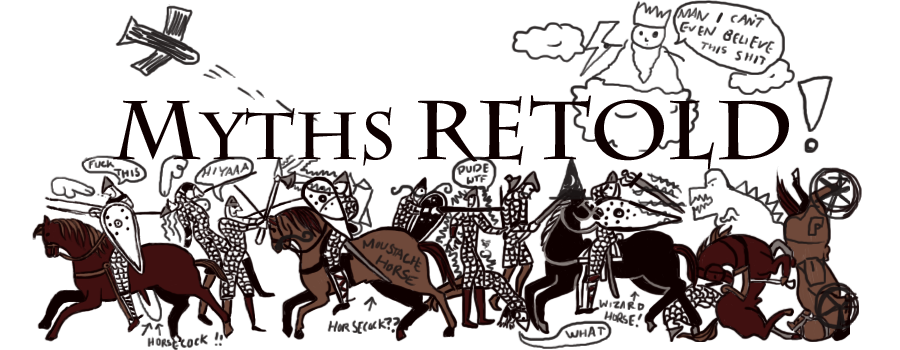You’ve all been heroically patient, so now I will tell you how it ends.
When I got back to California, I put off calling Austin (that being the name of Dante’s son) for a long time. I didn’t know what to say, or who I would be saying it to. Dante had specifically instructed me to talk to Austin, and not Austin’s mother. God had apparently not forgiven the woman yet.
Finally I did call. And who picks up the phone? Austin’s mother. Of course, Dante left his family behind when Austin was only four years old. There was no way Austin had his own phone back then. So I told her who I was, and why I was calling. I described Dante, and told her exactly how he was doing. She was sad, but not surprised. She’d seen him a few years before, after his time in Mexico, and the man she saw then was very similar to the one I was describing, but nothing at all like the man she’d married.
He’d been cleanshaven once (He was, after all, a hairdresser by trade). Now he sported the kind of beard only prophets can get away with. And something that had once been in his eyes was gone. When they met, he had been joyful. By the time he left, he was confiscating Austin’s underoos and mutilating them with scissors because the cartoon characters on them constituted idol worship. She told me she respected his faith, but she also pitied him, was afraid for him and of him.
I told her I wanted to speak to Austin. She put him on the phone, though she was doubtful that he’d want to talk to me.
“What do you want.” said a sullen teenaged voice.
“I’m calling because your dad wanted me to call you.”
“Okay.”
“He wanted me to tell you how he’s doing.”
“Okay.”
“How are you doing?”
“Look, I don’t want to talk to you, okay? He left.”
And that was the end of the conversation.
His mom got back on the phone. She said Austin was still pretty mad at Dante, which I could have guessed. But she also suggested we have lunch some time, her and me and Austin, to talk a little more. I agreed.
Three months later, my spiritual journey across Spain finally culminated at a Chili’s in Orange County. I had discovered Taoism during my pilgrimage (a little ironic, since it’s ostensibly a Catholic pilgrimage) and I had a nice hardcover copy of the Tao Te Ching that I wanted to give to Austin. Unfortunately I hadn’t been able to find it before leaving for Orange County, so I came bearing nothing.
I arrived at the Chili’s a few minutes early, and sat in the parking lot, reading the first few chapters of A Farewell to Arms (which, if you haven’t read it, is a beautiful little book about the absurdities of war.) Soon the two of them arrived, and we went in together. Austin didn’t talk much, and his Mom mainly asked me questions about my life – what I’d been doing (traveling), what I planned to do (go to grad school for writing). We talked a little about Dante, but nobody learned anything they hadn’t known before. Finally I asked Austin what his future plans were.
“I’m planning to join the Army,” he said.
“Oh?” I said, “Why?”
He shrugged. “It’s something to do.”
The conversation went on, but I was only half listening. It occurred to me that perhaps I hadn’t been able to find the Tao Te Ching for a reason, that perhaps there was a reason for every part of this meeting – Dante in Spain, this Chili’s, the things I just happened to bring with me…
We finished eating, and Austin’s mother paid for all of us. As we prepared to leave, I turned to Austin.
“Hey,” I said, “Your dad told me to get in touch with you, but I’m not here because of him. I’m here to meet you, because I feel like I was supposed to meet you. And I wanted to give you something, from me.” I handed him my copy of A Farewell to Arms. “I think you should read this. It’s a really good book about war.”
He nodded his thanks. We said our goodbyes, and I left. To this day, I still haven’t finished A Farewell to Arms. I haven’t heard from Austin or his mother, either. I don’t know how the story ends. But I was part of the middle, and isn’t that where all the interesting stuff happens?
